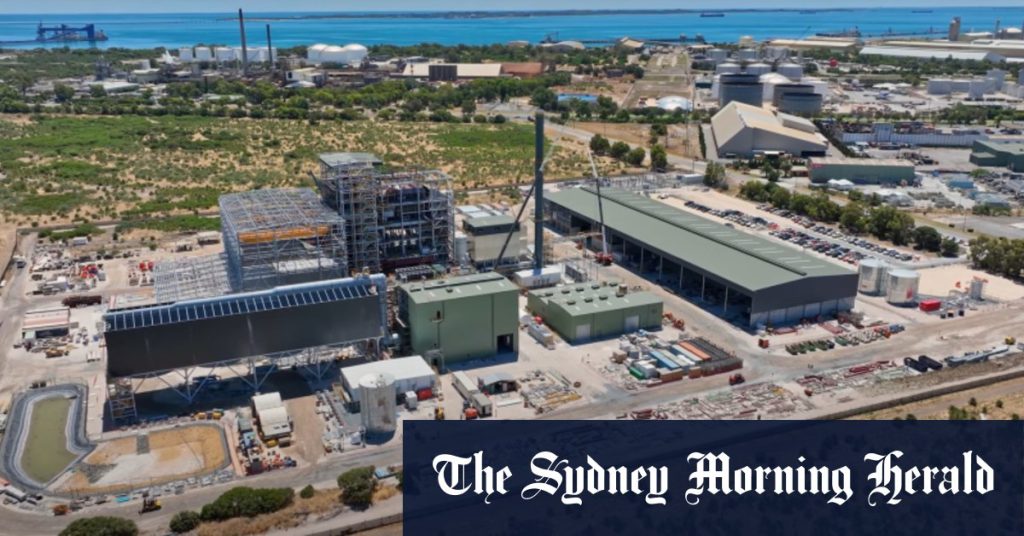The court is facing significant costs in dealing with a dispute between East Rockingham RRF and Acciona, which has escalated to the point of requiring urgent intervention. The parties have been arguing over the evidence exchange process, with East Rockingham RRF pushing for a discovery order while Acciona proposed bypassing the document-swap for witness statements and oral evidence. To address the escalating conflict, the court’s presiding judge, Colvin, has summoned representatives from both parties to attend a hearing in person to discuss the dispute and the court’s continued involvement. Colvin expressed a desire to gain a better understanding of the situation to form a view about further discovery, and suggested sending the parties for private peace talks at their own expense. Under the orders, East Rockingham RRF must address the evidence they intend to rely on by June 28, with Acciona given until July 12 to respond. The matter is scheduled to return to court on August 9.
The construction contract between the parties, signed 4½ years ago, was for the development of a facility in an industrial precinct south of Perth, in which Acciona and Hitachi gained an equity stake alongside infrastructure company John Laing. The facility is designed to treat up to 330,000 tonnes of waste and generate electricity for 36,000 homes annually, with a majority of the waste to be sourced from local governments. The project, backed by $75 million in taxpayer funds, including subordinated debt from the government-owned green bank Clean Energy Finance Corporation, has faced delays due to pandemic-related issues, resulting in a two-year postponement in its completion. The facility is now expected to become operational by the end of 2024.
The escalating dispute and court intervention highlight the challenges and complexities involved in the construction project, which has significant financial and environmental implications. The delays and disagreements between the parties have not only resulted in additional costs for the court but also raised concerns about the project’s progress and ultimate completion. The involvement of government funding and equity stakes from various companies underscores the importance and impact of the project on both the public and private sectors. The delays caused by the pandemic further emphasize the unpredictable nature of large-scale construction projects and the need for effective conflict resolution mechanisms to ensure timely completion and successful outcomes.
The court’s decision to summon representatives from both parties for an in-person hearing and to consider private peace talks suggests a commitment to resolving the dispute efficiently and effectively. By requiring the parties to address their evidence and potentially engage in mediation, the court aims to clarify the issues at hand, facilitate communication between the parties, and ultimately reach a resolution that benefits all involved. The involvement of experienced judges like Colvin demonstrates a commitment to fair and impartial adjudication, while also seeking to minimize costs and delays in the legal process. The court’s proactive approach to managing the dispute reflects a broader effort to ensure accountability, transparency, and timely resolution in complex construction projects with significant public and private investment.
The ongoing challenges faced by the construction project, including delays, financial disputes, and legal interventions, underscore the need for effective project management, communication, and conflict resolution strategies in large-scale infrastructure development. The involvement of multiple stakeholders, including government entities, private companies, and legal institutions, highlights the complexity and significance of such projects in meeting environmental and energy needs. The court’s role in addressing the escalating dispute and guiding the parties towards a resolution reflects a commitment to upholding legal principles, ensuring accountability, and promoting efficient project delivery. By addressing the immediate issues at hand and seeking to resolve conflicts through dialogue and mediation, the court aims to mitigate risks, streamline processes, and ultimately achieve successful outcomes for all involved parties. The completion and operation of the waste treatment facility are crucial for meeting energy demands, managing waste effectively, and realizing the environmental and economic benefits of sustainable infrastructure development.













